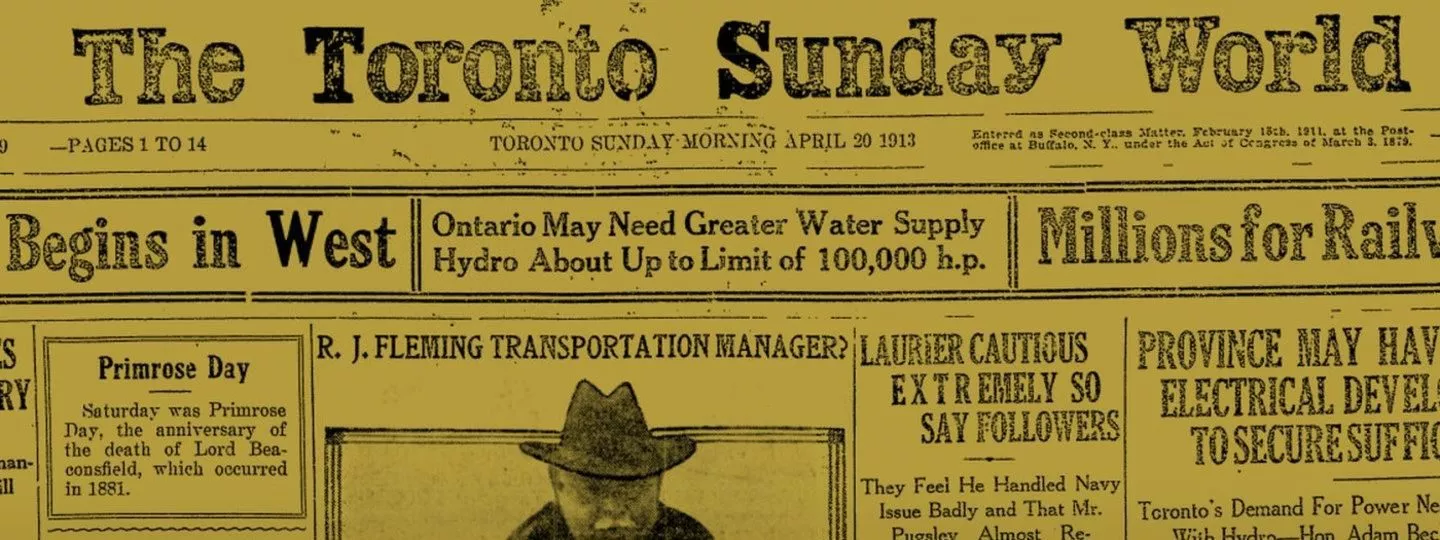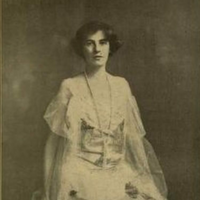
Laura E. McCully
In a very real sense Miss Laura Elizabeth McCully is a Toronto writer, as, with the exception of one academic year in the United States and a few months in Ottawa, she has lived all her life in this city. She is a grand niece of the late Hon. John McCully, of Truro, Nova Scotia, one of the Fathers of Confederation; and is the daughter of Samuel Edward McCully, M.D., and Helen (Fitzgibbon) McCully. Her father is of Manx descent, and her mother is a descendant of the late James McBride of Halton county, Ontario, magistrate, who was one of the pioneers of this province, and who heroically cleared off forest and left to his heirs, one thousand acres of valuable farm lands.
In a very real sense Miss Laura Elizabeth McCully is a Toronto writer, as, with the exception of one academic year in the United States and a few months in Ottawa, she has lived all her life in this city. She is a grand niece of the late Hon. John McCully, of Truro, Nova Scotia, one of the Fathers of Confederation; and is the daughter of Samuel Edward McCully, M.D., and Helen (Fitzgibbon) McCully. Her father is of Manx descent, and her mother is a descendant of the late James McBride of Halton county, Ontario, magistrate, who was one of the pioneers of this province, and who heroically cleared off forest and left to his heirs, one thousand acres of valuable farm lands.


